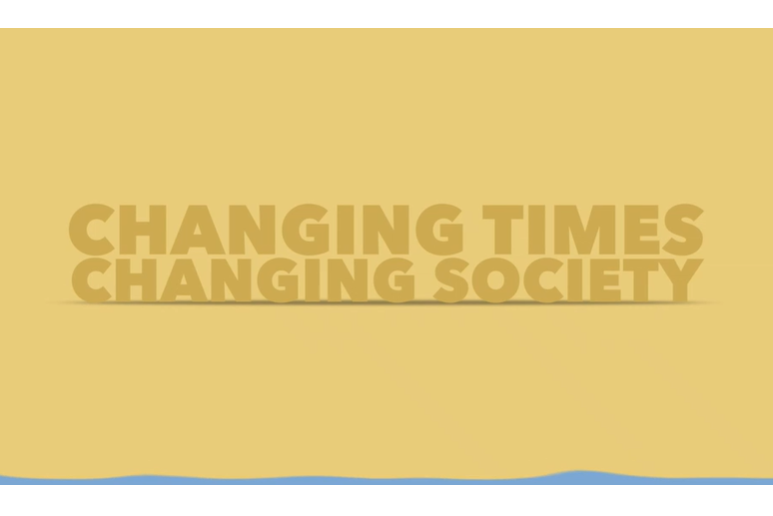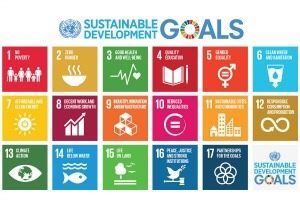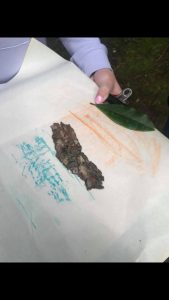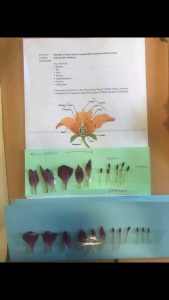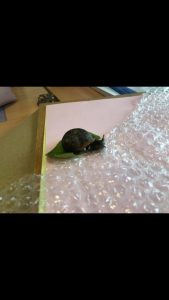Introduction to Sustainable Development
The introduction input to sustainable development was refreshing in the sense that it didn’t tackle aims that were directly for children or how it could improve a classroom. This module touched on the environment and learning for sustainability, and although it doesn’t link to how it can benefit a child, it also extends wider to the benefits to the community and global community in terms of providing health benefits and better use of green space. In regard to today’s current events in which the Amazon Rainforest has made many appearances on the news and climate change has taken the attention of many leaders. This module allows us as learners to understand how to care for the environment on a minuscule scale that can have powerful impact if done as a community (recycling). In aspect of this module that I hadn’t quite expected was how it can be socially rewarding, I always took being Eco friendly to always having environmental impacts, but never experimented on how it can bring together a community. As informative as this input was as a learner, links were still made to how it relates to teaching and how children must learn about the earth and understand how to care for it, because Climate change not only affects us but it will affect them too.
Diversity
A topic that is not only vital to acknowledge in a school environment but in all aspects of ones life. Diversity is the key to accepting change and embracing differences. In today’s input diversity was challenged in a classroom environment and how it could raise issues.
In order to assess the task in a different manner, Andrew suggested that as a class we acted out situations that could arise due to diversity within a classroom, and the stereotypes that surround minority groups. Hesitant and first and unsure of the medium, we discussed several stereotypes. Personally being of a ethical minority some of the stereotypes were target at my faith, and although feeling quite targeted I had to remind myself that this activity wasn’t about me. It was, as a class to understand that these enactments actually happen in many children’s life’s, and I can verify this as I myself have experienced several encounters that were based on stereotypes. I understood stereotypes were generally based on ignorance and lack of knowledge on ones faith or ethnicity, so looking at this from a teachers perspective, the clear solution would be to to educate. Educate children from as early as primary one that not everyone is the same, we may come from different places, we may dress differently and eat different things, but that does not and should not mean that we must be treated different. Every child has the right to learn. No child is better or lesser due to their background and financial status. As teachers, in order to avoid discrimination in the classroom we must teach our children the beauty of diversity.


